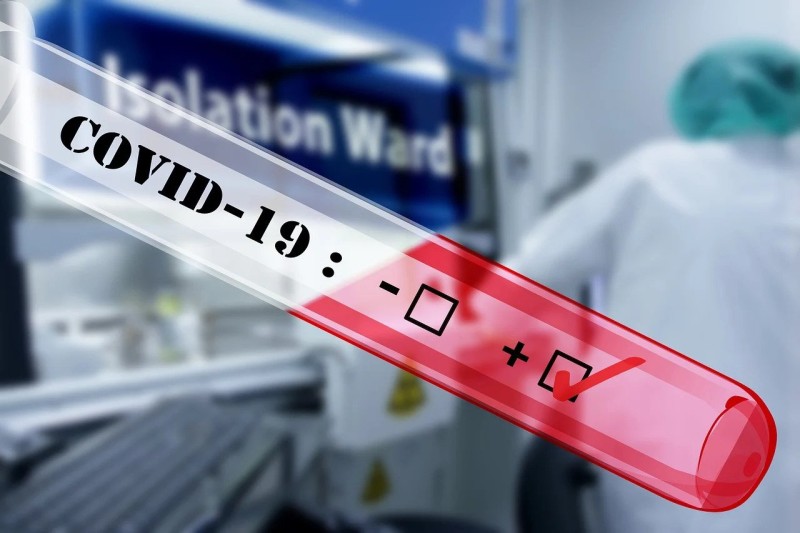The report found that a pharmaceutical company overseen by Khamenei, Barakat Pharmaceuticals, saw profits increase 36 times during the pandemic, from 419 billion rials (US$9.95 million) in 2018 to 15.1 trillion rials ($357.28 million) in 2021.
Officials from Barakat Pharmaceuticals and associated entities, including Hamzi Reza Jamshidi, Nasrollah Fathian, Akbar Barandegi, and Mahdi Pir Salehi, held powerful positions in Iran's regulatory bodies and influenced the distribution of state and international aid.
Through their positions, they “influenced and peddled the necessary regulations and policies enabling them to exercise total control over manufacturing, standards and procurement process including production quantities for COVID medicines and supplies,” said the report, which was based on open source analysis and human sources in Iran.
The parent organization of Barakat Pharmaceuticals is the Barakat Foundation, which is a subsidiary of Setad, a multi-billion dollar organization controlled by Khamenei.
One more official, Mahdi Pir Salehi, was both the head of Iran’s Food and Drug Administration during the pandemic and a member of the board of directors of Alborz Daroo, a subsidiary of Barakat Pharmaceuticals.
The report also claimed that the officials benefited from over US$140 million in World Bank loans intended for COVID relief in Iran and favorable foreign exchange rates for pharmaceutical importers.
During the pandemic, Iran’s former president Hassan Rouhani allowed importers of essential commodities, such as medicine, to purchase dollars at a lower rate to Iran’s rial, which has crashed owing to international sanctions on Iran.
However, said the report, Salehi and other well-connected individuals didn’t pass on that lower rate to sick Iranian consumers. Instead they profited by reselling the dollars.
The report suggests the officials' double roles as top officials and pharmaceutical executives highlight the corruption in Iran's economy, said Jeffrey Coonjohn, one of the report’s authors.



